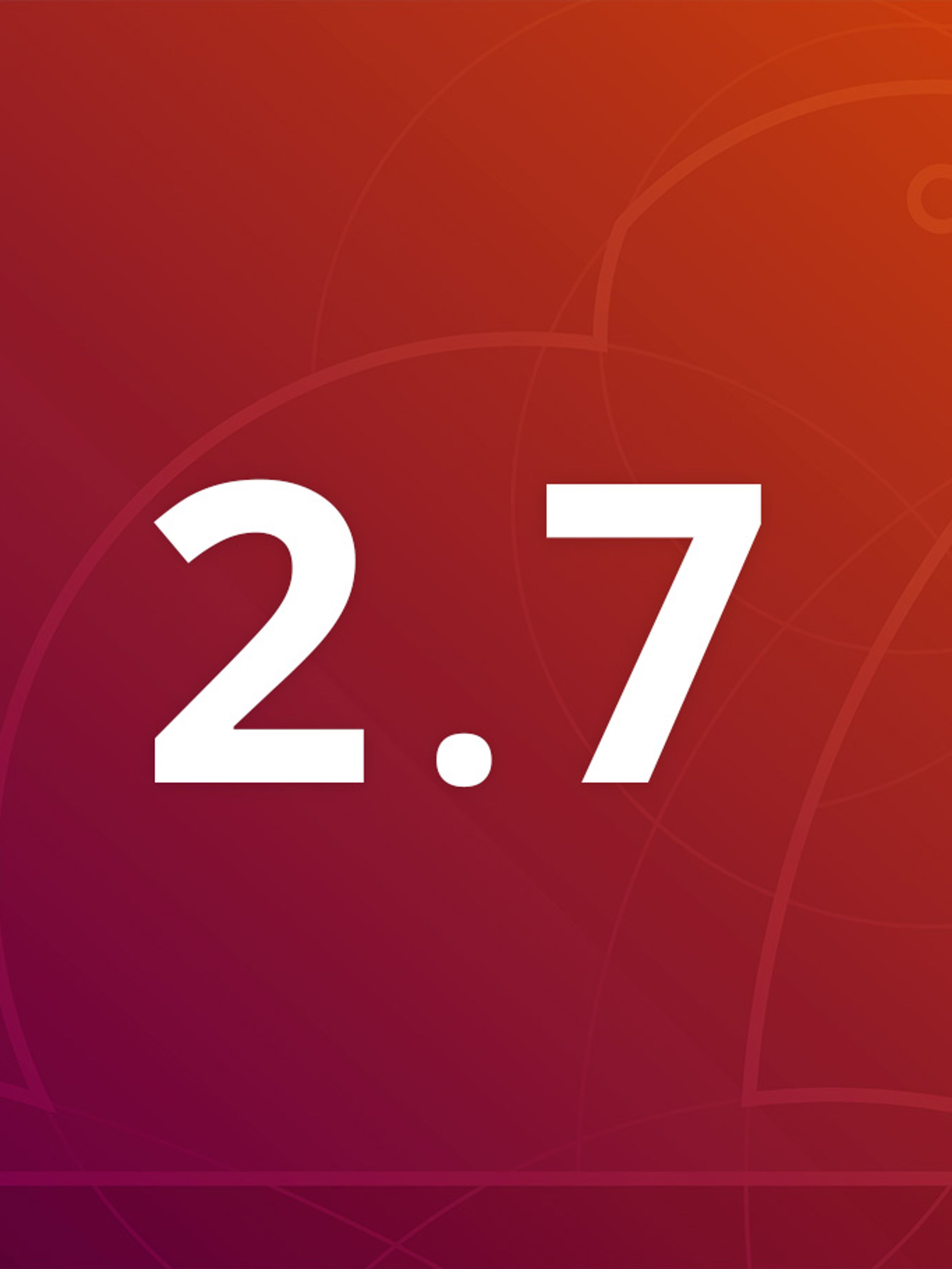ZED SDK Adds H264/H265 Recording, TensorFlow and Xavier Support
The 2.7 release is now available. It includes support for the latest Ubuntu and CUDA versions, Jetson Xavier, H264/H265 recording and new TensorFlow and Yolo samples.

The 2.7 release is now available. It includes support for the latest Ubuntu and CUDA versions, Jetson Xavier, H264/H265 recording and new TensorFlow and Yolo samples.

If you’ve been using the ZED SDK and found that recording raw SVO files required a lot of disk space, we think you’ll be very excited about this new feature (we are!). In the latest release, we have added new compression modes that enable H264 and H265 hardware encoding and decoding with NVENC.
A single SVO is now up to 40 times smaller for the same image quality. Thanks to hardware encoding, CPU utilization is minimal when recording SVO and drop frames have been eliminated. Now you should be able to record your RGB-D image database easily with the ZED!
The ZED is being increasingly adopted by the AI community. To simplify the use of AI-based image recognition with the ZED, we are sharing sample code that shows how to use the camera for 3D object detection with TensorFlow.

Since YOLO is another real-time object detection framework frequently used, we created a sample in C++ and Python showing how to integrate the ZED with YOLO for 3D object detection.
The Jetson Xavier is the latest embedded computing platform from NVIDIA that offers significantly higher performance than the previous models. We have released the new ZED SDK for Xavier on our embedded SDK page. You can expect 2X the performance and energy efficiency of the Jetson TX2. The ULTRA depth mode can now run at up to 60FPS while leaving a lot of headroom for your application.

Docker is a platform for developers to develop, deploy, and run applications with containers. A container is launched by running an image, which is an executable package that includes everything needed to run an application: the code, a runtime, libraries, environment variables, and configuration files.
Using Docker, you can now just grab an SDK version as an image from Docker Hub, no installation necessary. Then, your build can include the base image right alongside your app code, ensuring that your app, its dependencies, and the SDK, all travel together. We created a sample on our GitHub page to get your started.

ZED SDK can now be used on the latest Ubuntu 18.04 platforms. We have also added support for CUDA 10, while maintaining a CUDA 9 version of the SDK to ensure TensorFlow compatibility. You can download the new ZED SDK from our release page.
To simplify integration of the ZED into your application, the ZED SDK is now available both as a dynamic and static library on Linux.
With the static library bundled into your application, you don’t have to worry that your clients will have the right dependencies (and version) available on their system. This should significantly simplify the integration of the SDK into applications and libraries intended to run on a wide variety of client configurations.
enable_imu_fusion parameter in TrackingParameters to disable the camera-IMU odometry fusion when using a ZED Mini.For a complete listing of changes, see the release notes.
Download now the latest ZED SDK. As always, we’re excited to share our latest update with you, and even more excited to see the amazing things the ZED community will do with it.